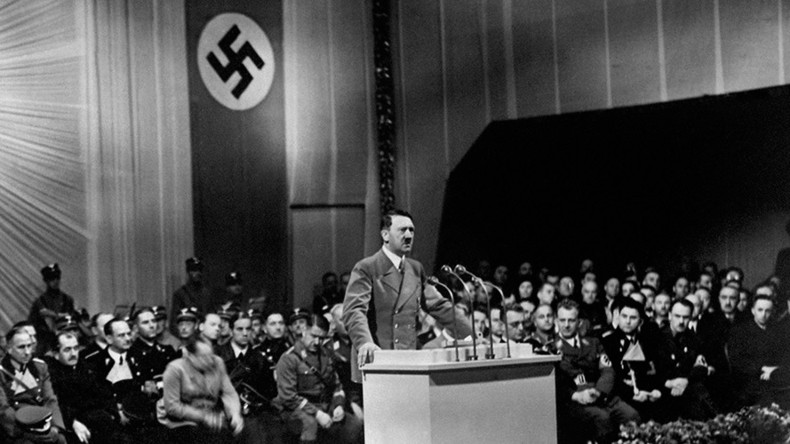Ethical Behavior and its Significance in Persuasion
Over the years, human beings have seen the importance of ethical behavior because it has been the foundation of civilization. For instance, we can say that at the time of Hitler, the world was not as civilized as today and the way Jews were murdered was an act of barbarism. Civilization lies in the act of appreciating and respecting human rights and attempting to preserve life under all costs. As human beings, we are guided by ethical norms in our societies. Ethical norms are important because they enable communities with diverse origins to coexist (Waller, 2005). This is where the theory of absolutism does not come in because we require each other to survive, and therefore, unwritten rules inspire out conduct and sense of action so that we have a standard by which behavior is checked. On the other hand, ethical conducts have enabled economic development in many states. For example it is unethical for any leader to engage in corruption of whatever kind. The world today has experienced many economic collapses and inflations because of corruption by their heads of state and their accolades. Those states, which have held ethical standards and abstained from corruption, have soared high in economic development. Lack of ethics in a society breeds all kinds or evils; social, political, technological and economic among others.
At the individual level, ethical behavior is used to determine one’s character. We have seen people of good reputation fall because of lack of ethics in their conduct. Some of the acts which have felled most reputable people include sexual offenses like rape, adultery; participation in the destruction of human life, insider trading and all other forms of corruption (Waller, 2005). Ethical conduct is therefore very important in the way we relate with others and to our environment, not to mention ourselves.
We need ethics in our businesses and organization cultures. It is known that the best way to lead is to lead by example. In our businesses, we are required to care for buyers of our products, and therefore, we have a responsibility not to exploit them through the quality of the products we make (Weiss, 2009). Failure to be guided by these standards can lead to destruction of reputation of the company or business as well as frustrating stakeholders. All efforts should be made to prevent unethical behavior in business if long term relationship with their stakeholders and community is to be sustained (Weiss, 2009).
We need ethics so that we can persuade others because public communication is anchored in ethically established responsibility. One cannot command a following if he or she is considered to be unethical. This is because the act of ethics goes beyond social class and other abilities in dealing with other people. Therefore, the end of ethical persuasion is founded on respect for people as autonomous, worthy and deserving informed choices as well as rational (Waller, 2005). For instance, people acting on behalf of others or representing others must be aware of the intention of their representatives. This will enable them to persuade responsibly just like a person sending a letter must be understood well, and his intentions in order for his audience to seek is message. Ethics enables us to communicate properly in an honest and respectful way. Therefore, persuasion is a significant tool in communication and can be useful when use justly.
There are many ethical theories which have been applied to explain the best conduct of individuals in the society. One of them is utilitarianism, which is based on the fact that the “right act is the one that produces the greatest” benefit to everyone (Waller, 2005, p.45). This theory cannot work without the impact of persuasion. Since it is aimed at maximizing benefit to all, persuasion must encase the reasons as to why one thinks that his act will produce the greatest good and minimize suffering for all. For instance, we believe corruption leads to poverty which leads to more suffering and lack of opportunities in a country. Therefore, any one who does not tolerate corruption will be able to persuade people that his conduct can reduce their suffering and take them to greatest pleasure. This will involve persuading others not to be involved in corruption acts under all costs.
There is also the theory of rights which is erected by society and which can be impacted by persuasion. Respecting human rights enables coexistence and is the foundations of modern ethical conducts. These are the sovereign human requirements in life and are entrenched in constitutions. The human rights detail the way citizens should enjoy their liberty for the pursuit of happiness. Many states have created ways of protecting human rights after some destruction of human life happened (Bae, 2008). In all these, human right campaign has been carried our through some countries persuading others o embrace respect for life. The theory of ethics of human rights applied, for instance, after the Second World War when the council of Europe persuaded Ukraine to abolish capital punishment (Bae, 2008).
In conclusion, persuasion cannot succeed without ethics because one persuades people to take a certain action or position. Unethical person cannot persuade people to his or her position because this places the person at a position where people cannot trust him or her. The act of ethics has been the foundation of what we call civilized societies and it is closely linked to persuasion because it enables communication to flow in a humane manner that places man as the end and not as means to an end.
References
Bae, S. (2008). Friends Do Not Let Friends Execute: The Council of Europe and the International Campaign to Abolish the Death Penalty. International Politics, 45(2), 129-145.
Waller, B. (2005). Consider Ethics. New York: Pearson Education, Inc.
Weiss, J. W. (2009). Business Ethics: A Stakeholder and Issues Management Approach With Cases (5 ed.). Mason, OH: South-Western Cengage Learning.




